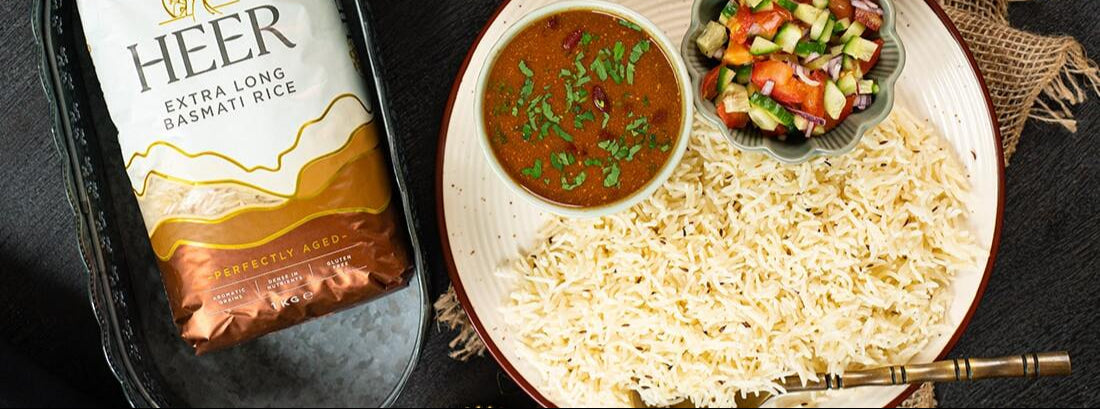
Basmati Rice: A Fragrant Tradition
Himalayan Basmati rice – long, delicate grains & signature aroma. A staple for every kitchen.
Your item has been added to the cart

Himalayan Basmati rice – long, delicate grains & signature aroma. A staple for every kitchen.
41 products
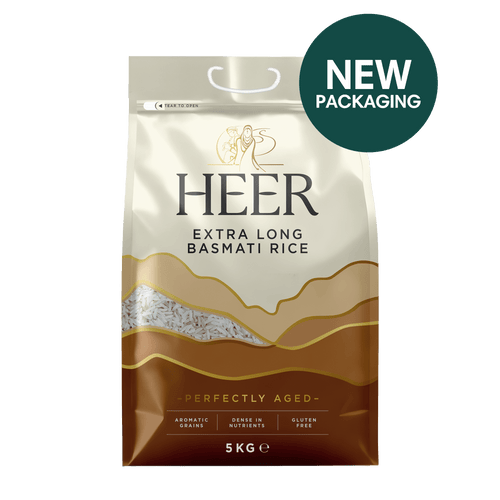

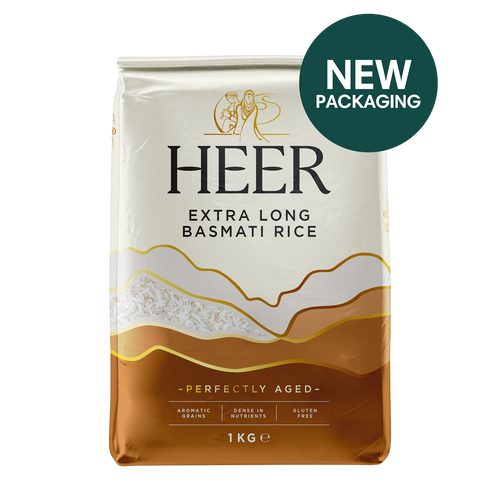
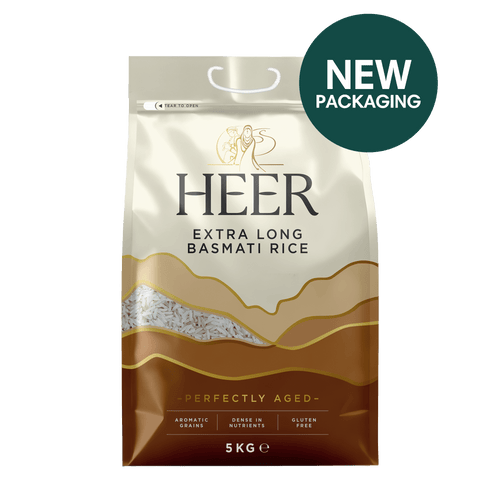

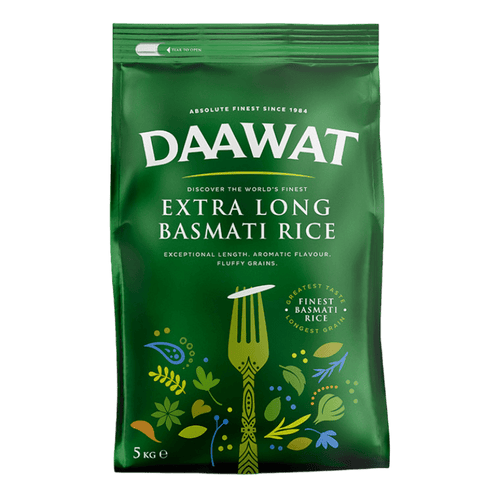
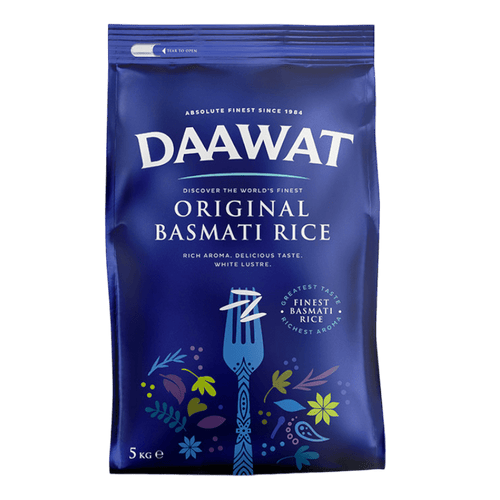
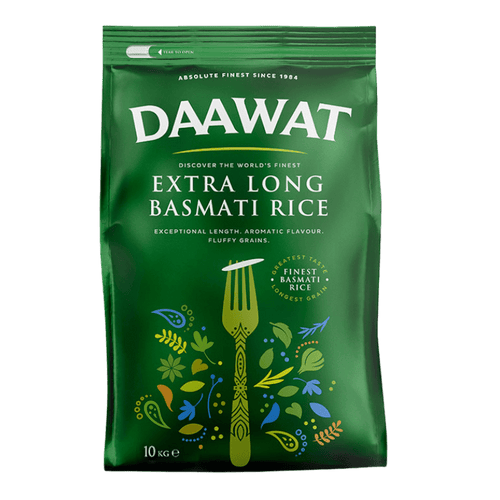
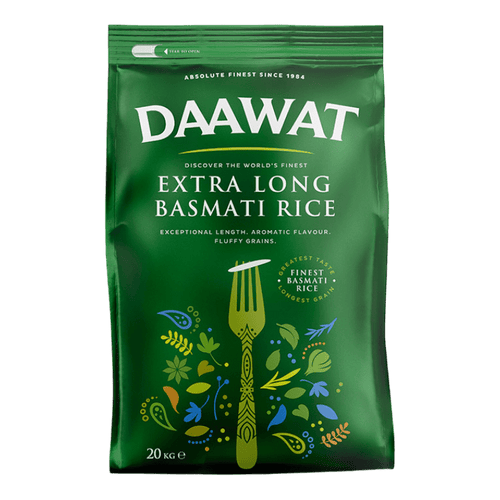
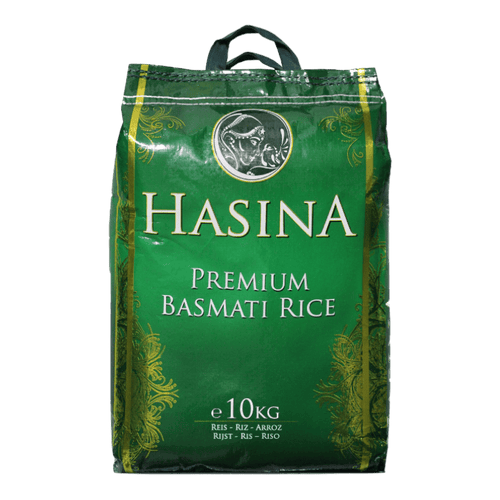
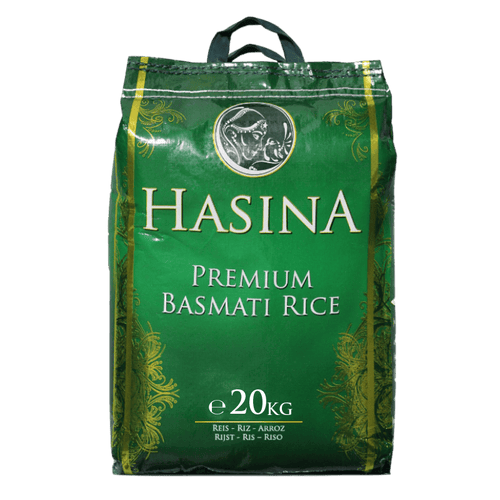
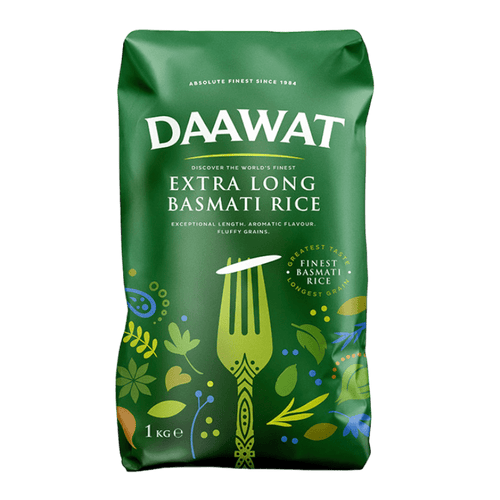
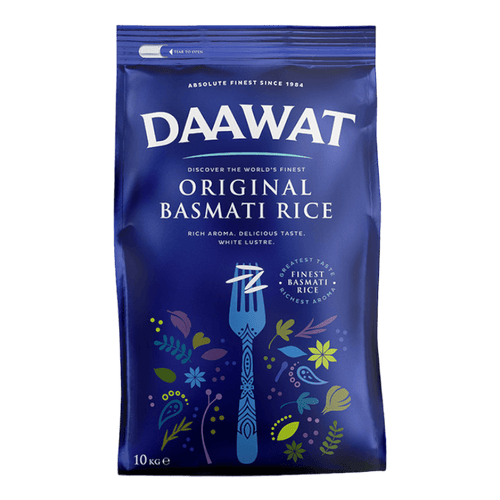
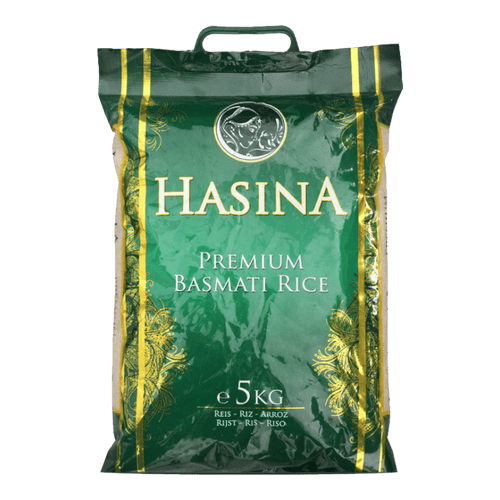
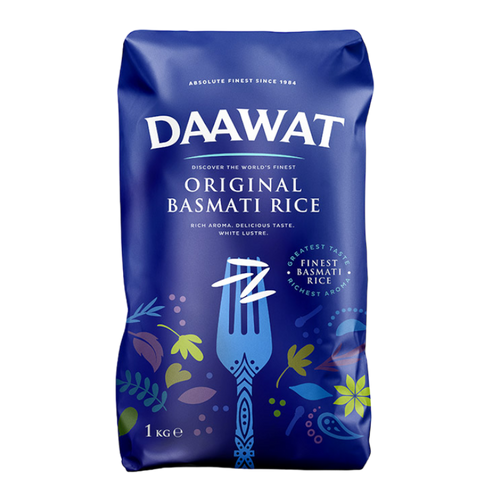
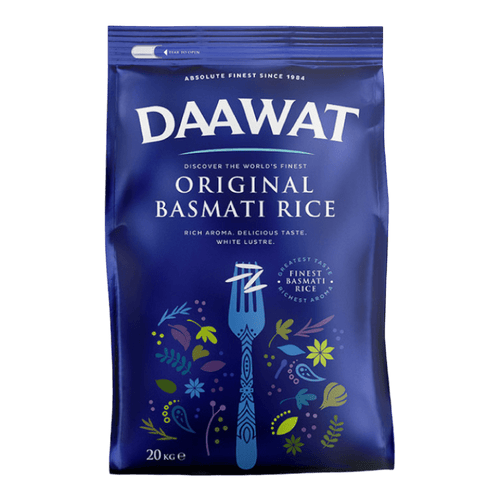
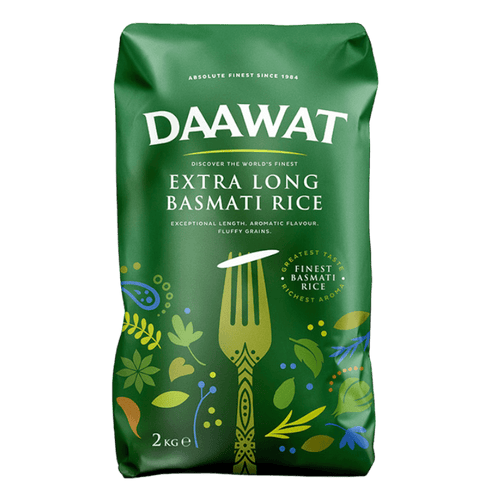
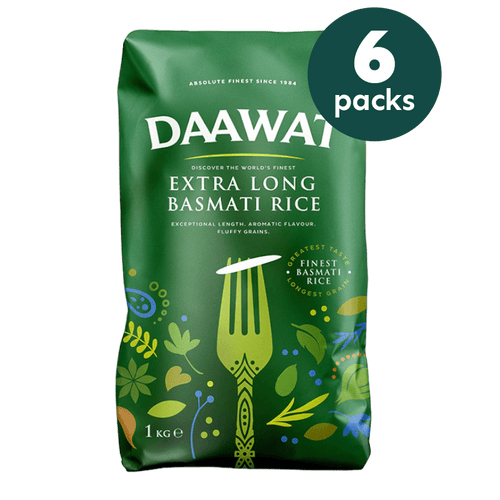
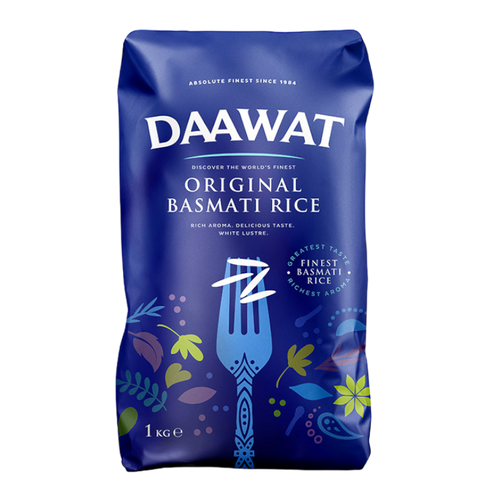
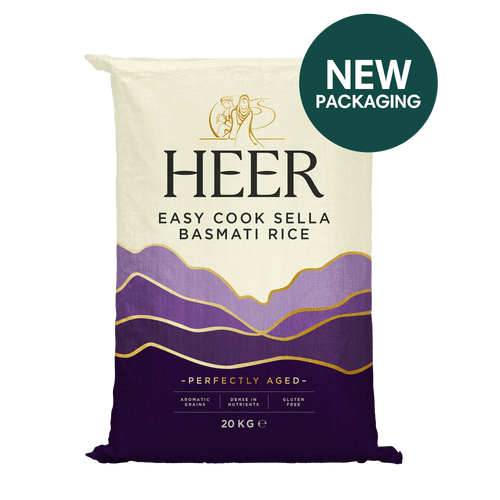
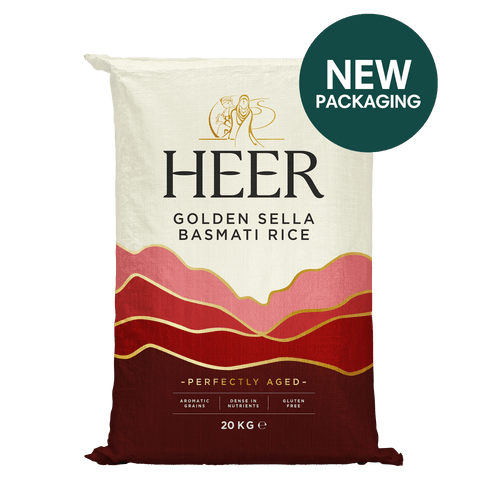
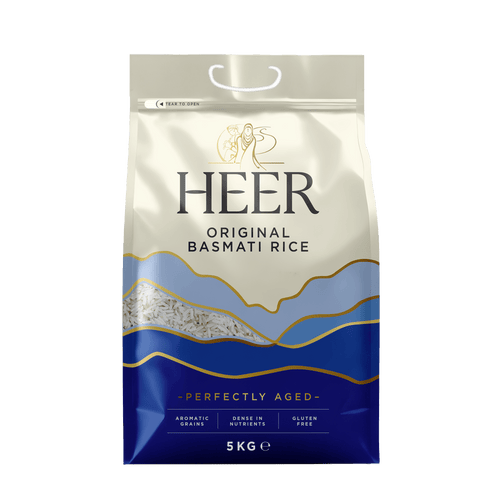
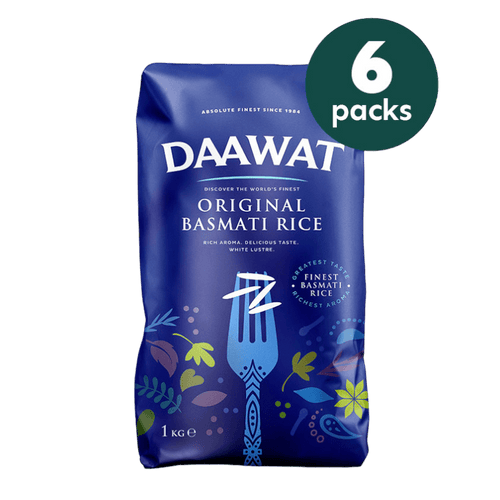
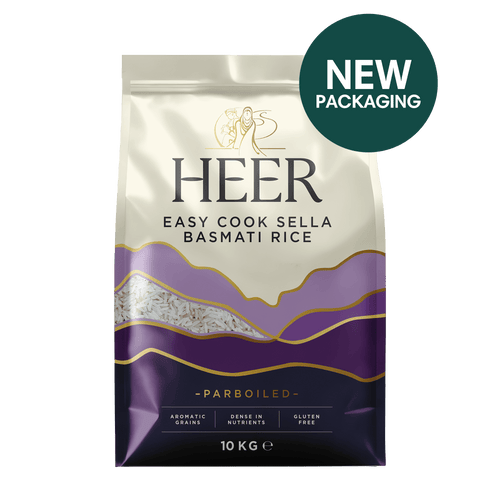

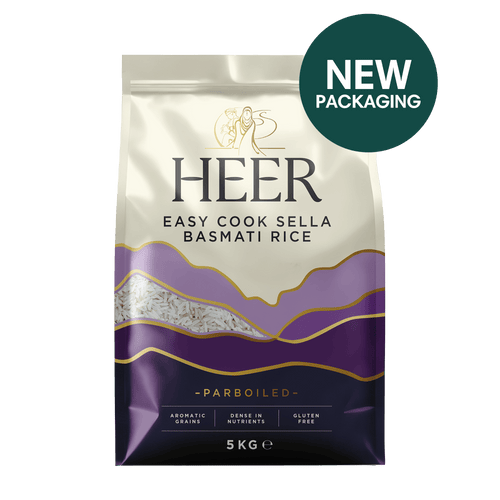
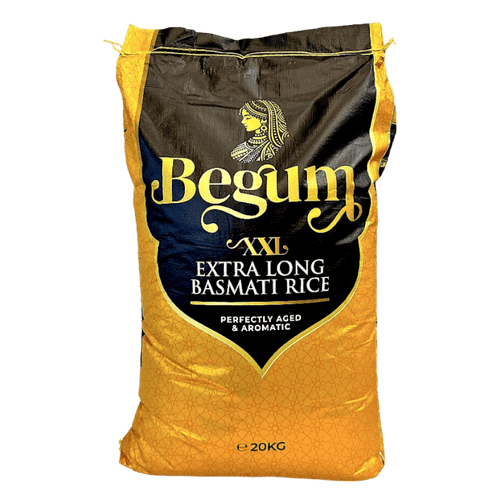
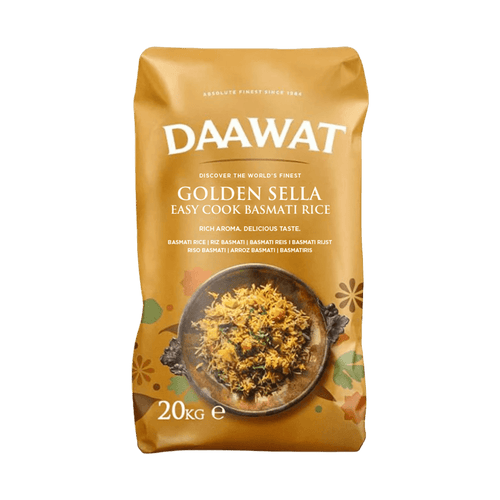

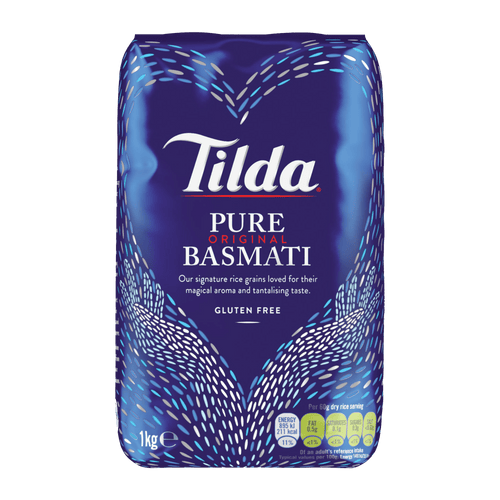
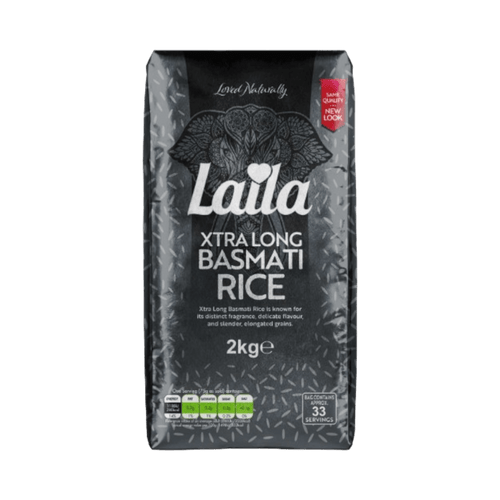
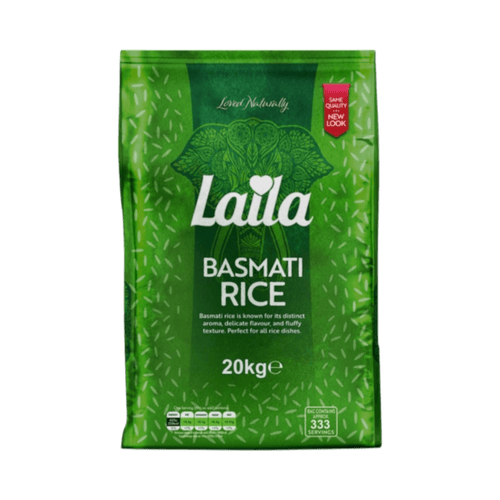
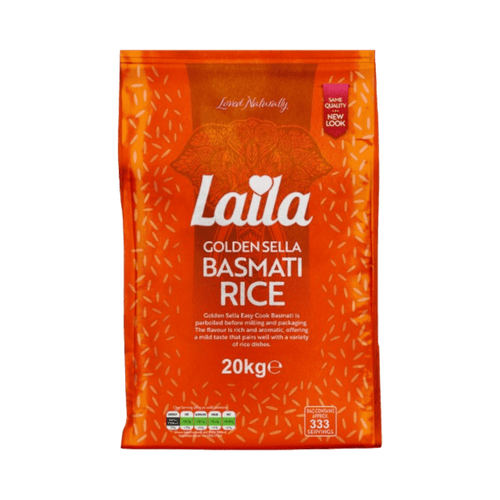
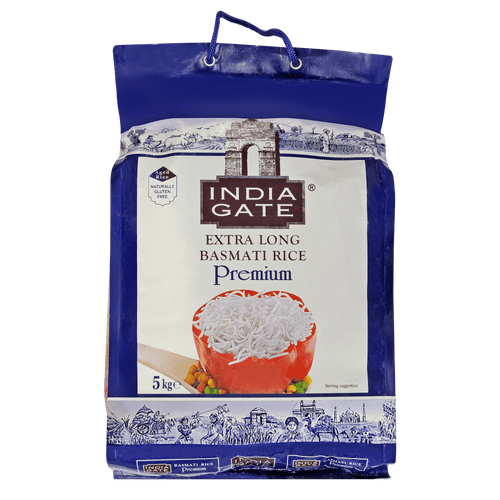

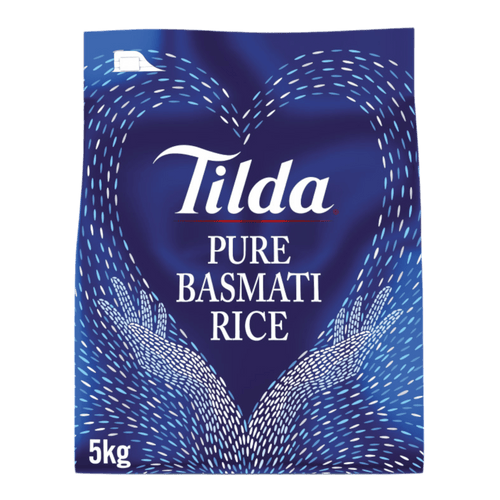
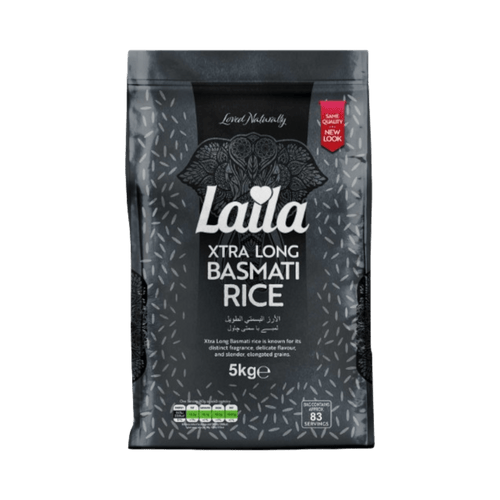
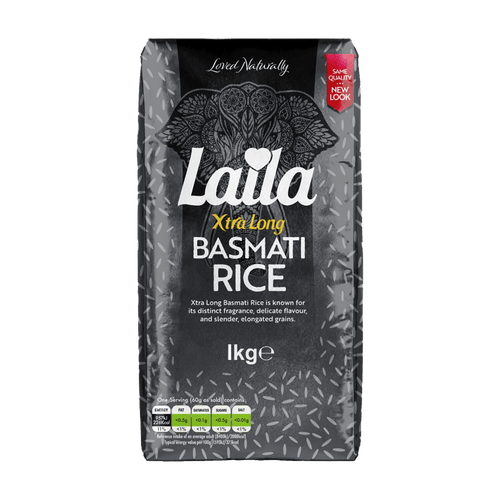
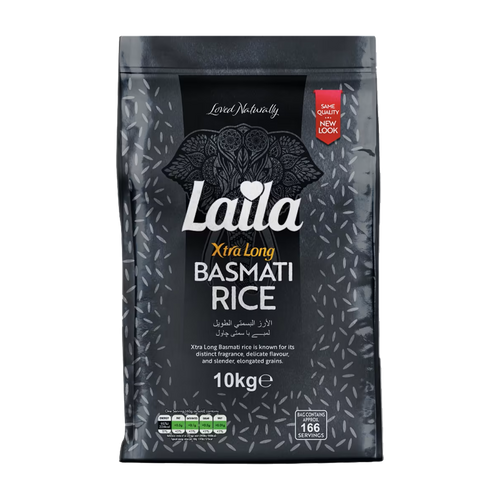
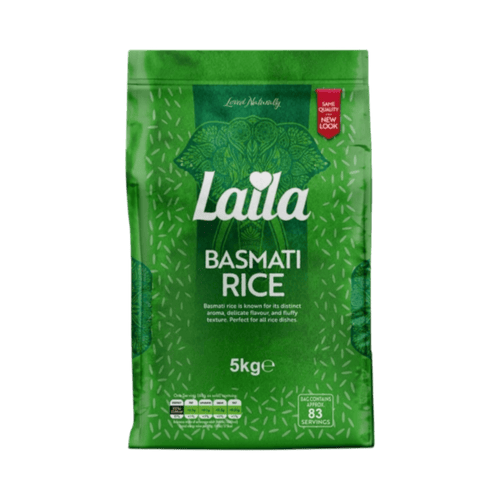
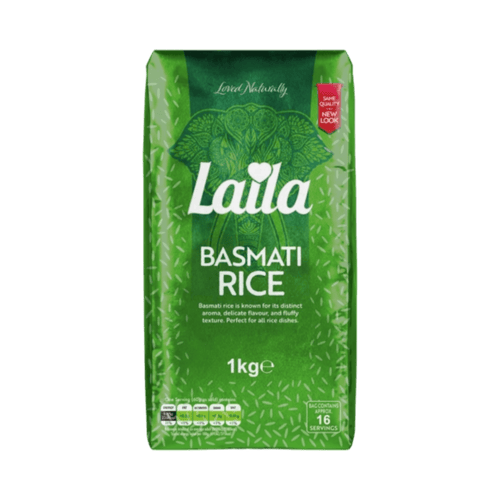
In this collection, you will find a diverse selection of basmati rice types, each offering its own unique characteristics. From different grain lengths to varied processing methods, every choice adds a distinct flavor profile to your cooking. You can find packaging options ranging from 1kg and 2kg up to 5kg, 10kg, and even 20kg to suit all your culinary needs.
Basmati rice has a long-standing reputation across South Asian cuisines, particularly in India and Pakistan, where it thrives in the mineral-rich soils at the base of the Himalayas. These ideal growing conditions lend basmati rice its unmatched taste and fragrance. Over generations, families have passed down the knowledge of cultivating and preparing this rice, preserving its authentic character.
One of the most popular uses of basmati rice is in biryani, where fragrant layers of rice and spiced fillings come together to create a hearty meal. It also serves as an excellent base for pilafs (also called pulaos) and pairs beautifully with savory sauces, curries, and vegetable stir-fries. Thanks to its light texture, basmati rice is equally well-suited for simple everyday meals that require a dependable staple.
Renowned for its long and slender grains, basmati rice separates elegantly when cooked, resulting in a fluffy, tender consistency. It also has a distinctive aroma that becomes more pronounced during cooking. Aging often amplifies both its fragrance and taste, setting basmati rice apart from other varieties found across different regions.
Before cooking, rinsing basmati rice under running water helps remove excess starch. Some cooks prefer soaking it for about 20 minutes to achieve an even fluffier outcome. Whether you use a traditional pot or a modern rice cooker, keeping the water-to-rice ratio precise is essential for optimal texture. Basmati rice shines when paired with spicy curries, grilled meats, or roasted vegetables, allowing its subtle fragrance to complement robust flavors.
The cooking time for basmati rice can vary depending on whether you soak the grains beforehand and which cooking method you choose. If you rinse and soak the rice for around 20 minutes, you can typically boil it for about 12–15 minutes in a pot with a tight-fitting lid, or use the appropriate setting on a rice cooker. Keep in mind:
If you prefer a firmer grain, shorten the cooking time slightly. For a softer texture, allow a little extra cooking time. Monitoring the rice as it cooks ensures it stays light, fragrant, and separate—perfect for biryani, pilaf, or a simple side dish.
Keep basmati rice in a cool, dry place, ideally in an airtight container. This prevents moisture from affecting its quality and preserves its signature aroma. If you decide to buy basmati rice in larger quantities—such as 10kg or 20kg—consider splitting it into smaller containers to maintain freshness for an extended period.